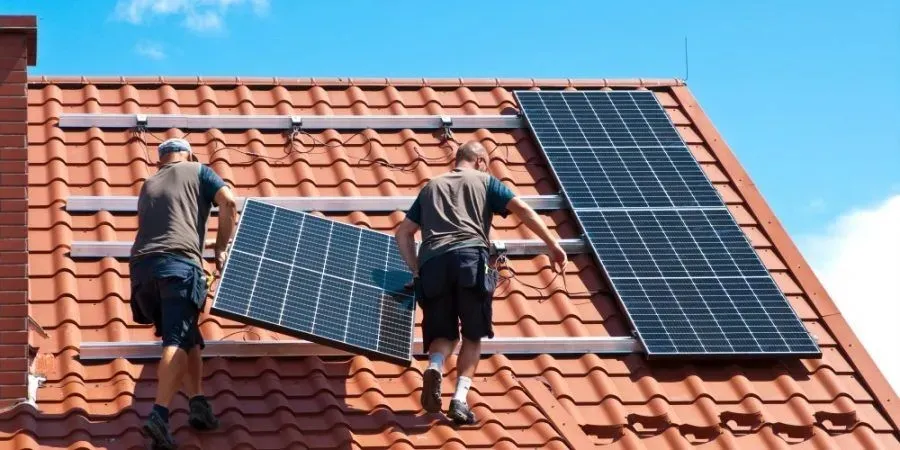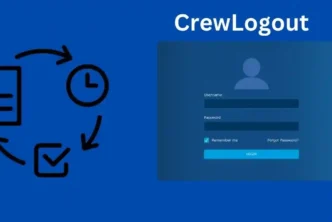As solar energy becomes more accessible and affordable, many homeowners are considering installing solar panels to harness the power of the sun and reduce their reliance on traditional grid electricity. One of the key decisions when embarking on a solar panel installation journey is whether to hire a professional solar installer or tackle the project as a do-it-yourself (DIY) endeavor. In this article, we will explore the pros and cons of both options to help you make an informed decision based on your specific needs and circumstances.
Professional Solar Panel Installation
Pros:
- Expertise and Experience: Professional solar installers are trained and experienced in designing and installing solar panel systems. They understand the complexities involved in assessing your home’s energy needs, selecting the right equipment, obtaining permits, and ensuring compliance with local regulations.
- Efficiency and Speed: Solar professionals work efficiently and can complete installations quickly. They have the tools, equipment, and manpower to get the job done smoothly and without unnecessary delays.
- Quality Assurance: Reputable solar installers provide warranties for their work and the solar equipment they install. This assurance offers peace of mind that your system will be properly maintained and repaired if necessary.
- Customized Solutions: Solar professionals can design a solar panel system tailored to your specific energy consumption patterns and available roof space. They will optimize the system to maximize energy production and savings.
- Access to Incentives: Solar installers are well-versed in the various federal and state incentives and tax credits available for solar installations. They can help you navigate the paperwork and ensure you receive all the benefits for which you qualify.
Cons:
- Cost: Hiring a professional solar installer can be more expensive upfront compared to a DIY approach. However, the investment often pays off in the long run through increased energy production and system efficiency.
- Less Hands-On Involvement: Some homeowners may prefer to be directly involved in the installation process, and hiring a professional means relinquishing some control over the project.
DIY Solar Panel Installation
Pros:
- Cost Savings: DIY solar installations can be more cost-effective, as you can eliminate labor costs associated with hiring professionals. This upfront savings can make solar energy more affordable for some homeowners.
- Satisfaction of Self-Reliance: Completing a DIY solar installation can be a gratifying experience, offering a sense of self-reliance and accomplishment.
- Flexible Schedule: DIY projects allow you to work on your timeline and at your own pace. You can choose when to start and finish the installation without being constrained by a professional installer’s schedule.
- Learning Experience: Taking on a DIY solar installation can be a valuable learning experience, as you gain knowledge about solar technology, electrical systems, and energy efficiency.
Cons:
- Complexity and Risk: Solar panel installation is a complex process that involves electrical work, structural considerations, and safety precautions. Mistakes can lead to system inefficiency, damage, or even safety hazards.
- Potential for Voided Warranties: Many solar panel manufacturers and equipment providers require professional installation to maintain warranties. A DIY installation may void these warranties, leaving you responsible for repair or replacement costs.
- Permitting and Compliance: Obtaining the necessary permits and ensuring compliance with local building codes and regulations can be challenging for DIY installers. Non-compliance can result in fines or having to dismantle the system.
- Time and Effort: DIY solar installations demand a significant amount of time and effort. You’ll need to research, plan, and execute the project, which may require a substantial time commitment.
- Limited Access to Incentives: Some federal and state incentives and tax credits may be contingent on professional installation. Going the DIY route could mean missing out on financial incentives that would otherwise offset installation costs.
Factors to Consider When Making a Decision:
- Skill and Experience: Assess your level of expertise in electrical work, construction, and project management. DIY installations are best suited for individuals with a strong technical background.
- Budget: Consider your budget constraints and whether you can afford the upfront costs of hiring a professional installer or if a DIY approach is more financially feasible.
- Time Commitment: Evaluate how much time you can dedicate to the project. DIY installations can be time-consuming, so ensure you have the availability to complete the project successfully.
- Roof Condition and Angle: Inspect the condition and angle of your roof. If it requires significant repairs or has an unfavorable angle for solar installation, hiring a professional may be a better choice.
- Permitting and Regulations: Research local permitting requirements and regulations related to solar installations. Ensure you can meet these requirements if you choose the DIY route.
- Warranties and Incentives: Review the warranties offered by solar panel manufacturers and the incentives available in your area. Determine whether they are contingent on professional installation.
- Energy Goals: Consider your energy goals and how a solar panel system fits into your long-term plans. A professional installer can help you optimize the system for maximum efficiency.
Conclusion
The decision to hire a professional solar installer or embark on a DIY solar panel installation ultimately depends on your individual circumstances, skills, and goals. While a DIY approach may offer cost savings and a sense of accomplishment, it comes with greater complexity, risk, and responsibility. On the other hand, professional installers provide expertise, quality assurance, and access to incentives but typically come with a higher upfront cost.
Before making a decision, it’s essential to thoroughly research and assess your abilities, budget, and time availability. Consult with solar professionals to obtain quotes and gain a better understanding of the benefits and costs associated with hiring experts. Whether you choose to go the DIY route or hire a professional, installing solar panels can be a rewarding investment that brings long-term energy savings and contributes to a more sustainable future.





